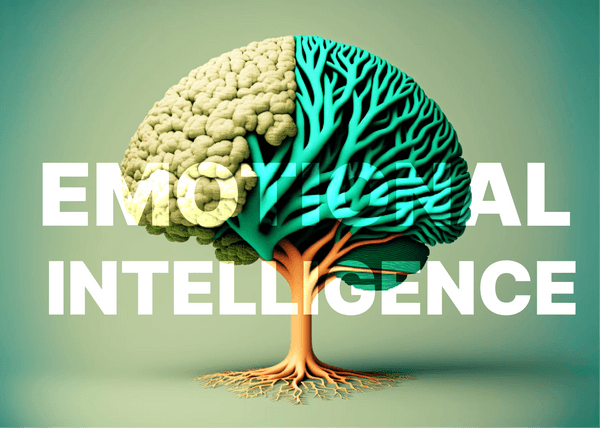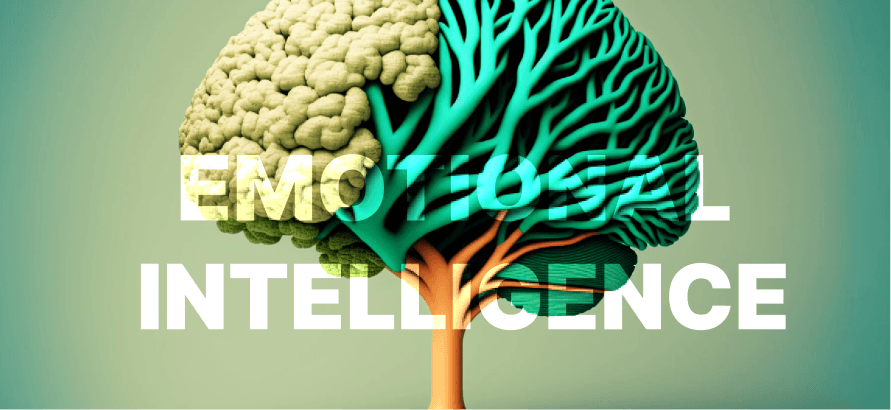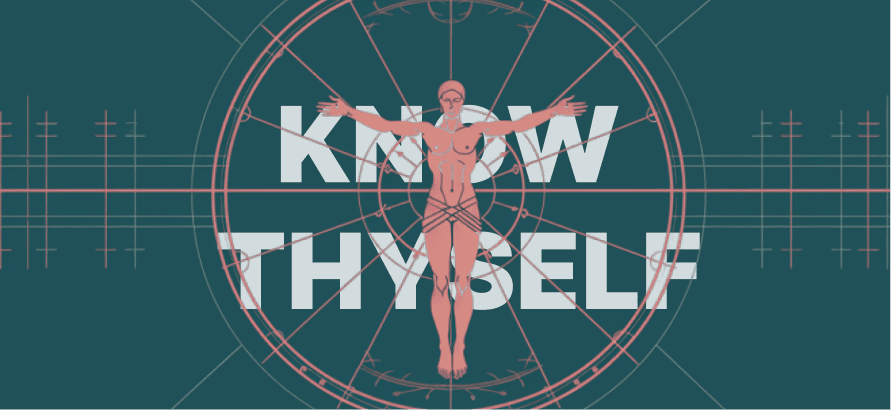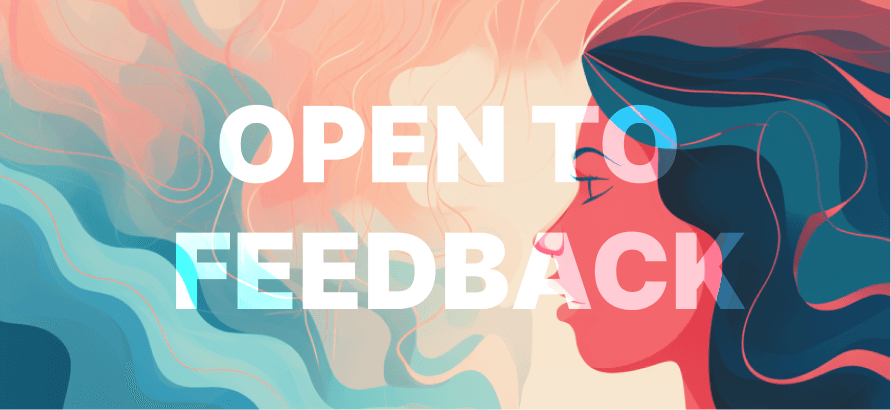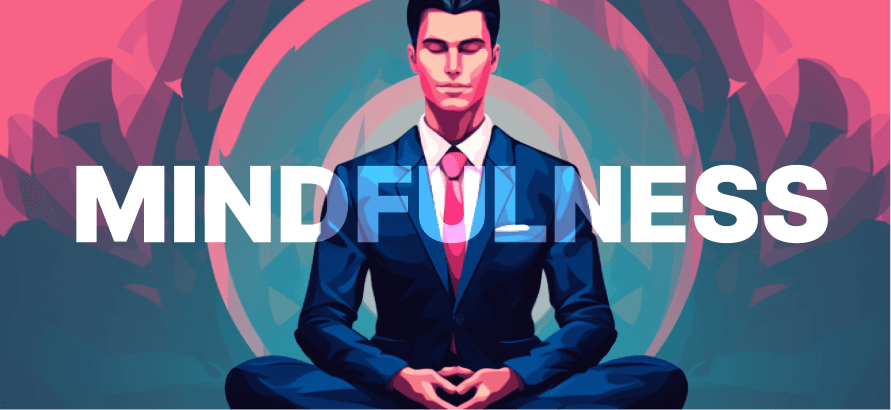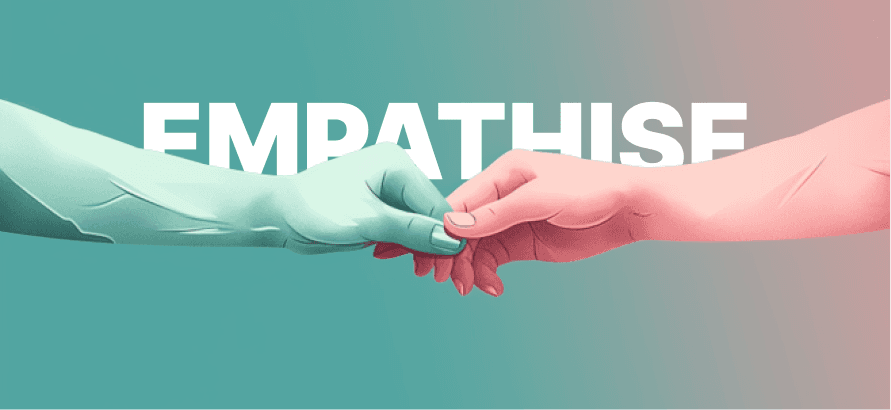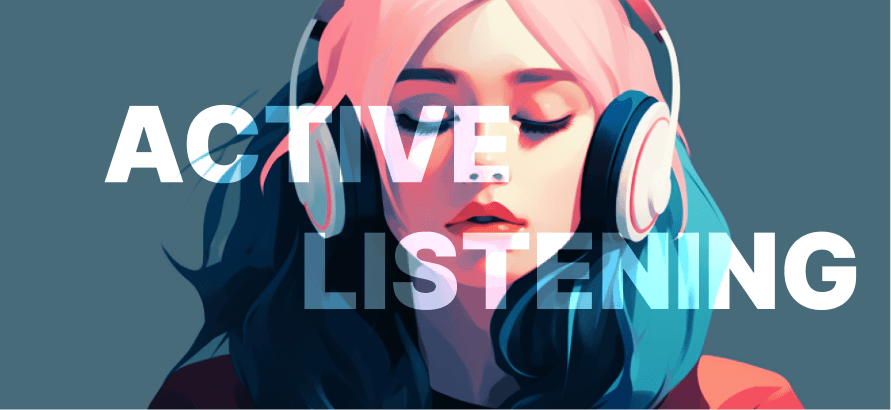9 Tips To Increase Your Emotional Intelligence For Stronger Relationships
Curated from: mindbodygreen.com
Ideas, facts & insights covering these topics:
10 ideas
·125K reads
614
9
Explore the World's Best Ideas
Join today and uncover 100+ curated journeys from 50+ topics. Unlock access to our mobile app with extensive features.
Emotional intelligence (EQ)
EQ is the ability to be able to recognize and regulate your own emotions, while also empathizing with others and maintaining an awareness of their reactions.
EQ can be developed with practice.
3.18K
21.3K reads
Know thyself
Having a deep understanding of yourself provides you with more accurate perceptions of how you are coming across to others.
To increase your self-awareness, make an effort to reflect on your strengths, developmental opportunities, triggers, values, and the like so that you are intimately familiar with what makes you tick.
3.37K
16.3K reads
Be open to feedback and criticism
Weighing feedback can help you guard against blind spots. It can assist you in recognizing if your behaviors are having the effects you are intending.
If they aren't, you can adjust your actions or apologize accordingly (or mindfully choose not to do either).
3K
13.6K reads
Identify your feelings
Do this particularly when you feel yourself experiencing strong emotions.
If a co-worker makes a comment that triggers you, make a mental note of what exactly it is that you might be feeling. It will help you to develop your emotional vocabulary and help you to take a step back from your reactions and engage the parts of your brain associated with problem-solving.
3.29K
12.2K reads
Practice mindfulness
Mindfulness is paying attention on purpose ... and non-judgmentally, to the unfolding of experience moment to moment.
By learning to observe your thoughts and feelings without judgment, you can increase your awareness of them with more clarity.
3.22K
12K reads
Breathe deeply
If we can calm our body's reaction to our stress, the emotional component is mitigated.
Nip your body's stress in the bud, and you'll find that your emotional stress will decrease accordingly. When you feel tense, breathe slowly and deeply, concentrating on letting the air flow in and out of your abdominal cavity.
2.99K
10.2K reads
Question your stories
Instead of succumbing to a knee-jerk negative reaction when you become upset by someone else's actions, slow down and consider if there are other ways of explaining the situation.
Even if you don't change your opinion regarding what happened, the additional time spent thinking about it may calm you down enough to opt for a more constructive response.
3.08K
10.3K reads
Celebrate your positive emotions
People who experience more positive emotions enjoy better relationships and are more resilient in response to negative events.
Be intentional about doing things that bring you joy. Practice gratitude, engage in acts of kindness, exercise and reminisce about positive experiences.
3.07K
9.57K reads
Empathize
Emotionally intelligent people are skilled at putting themselves in other people's shoes.
Consider situations from others' perspectives to better understand those around you. This increased insight will enable you to connect with them more effectively, and may even teach you something about yourself in the process.
2.96K
9.25K reads
Make active-listening your priority
Deal with conflict more effectively by tackling issues head-on in an assertive, but respectful manner — all without defensiveness.
By listening empathetically to the other person, you will also create the space for taking your own thoughts and feelings into account.
2.97K
10.6K reads
IDEAS CURATED BY
“Talent wins games, but teamwork and intelligence win championships.”, Michael Jordan
John Q.'s ideas are part of this journey:
Learn more about personaldevelopment with this collection
How to manage workplace stress
How to prioritize and make better decisions
How to learn anything fast
Related collections
Similar ideas
4 ideas
7 ideas
How to Increase Your Emotional Intelligence ― 6 Essentials
psychologytoday.com
4 ideas
Emotional Intelligence | SkillsYouNeed
skillsyouneed.com
Read & Learn
20x Faster
without
deepstash
with
deepstash
with
deepstash
Personalized microlearning
—
100+ Learning Journeys
—
Access to 200,000+ ideas
—
Access to the mobile app
—
Unlimited idea saving
—
—
Unlimited history
—
—
Unlimited listening to ideas
—
—
Downloading & offline access
—
—
Supercharge your mind with one idea per day
Enter your email and spend 1 minute every day to learn something new.
I agree to receive email updates
